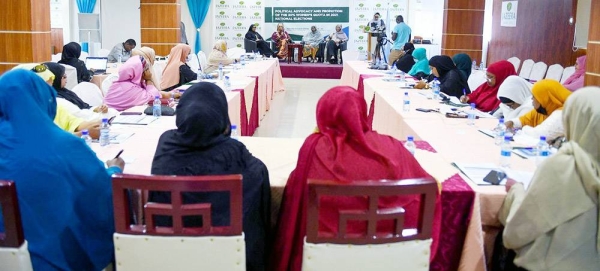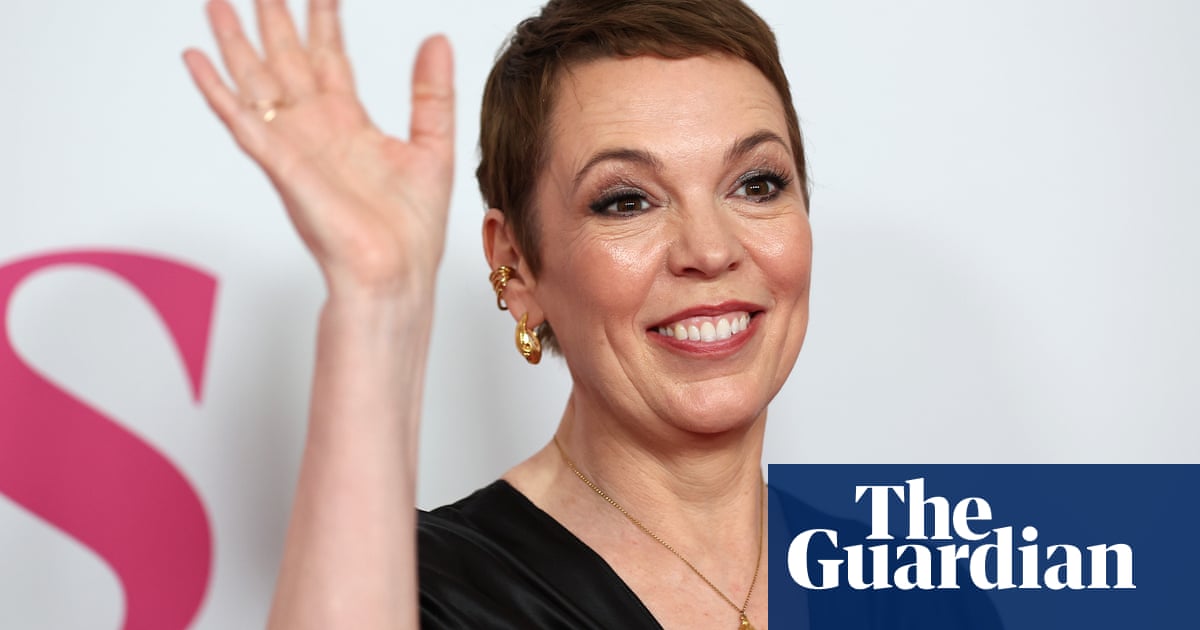
The Pew Research Center last week published a report noting that millennials are now the largest group in the United States workforce, at 35 percent. This generation is reshaping the American workplace and society generally, and millennial women are leading deeper conversations about gender equality and the roles of men and women. These trends in the US are likely to influence larger global developments, as younger generations play a growing role in society and the economy of countries around the world.
While there are various definitions of millennial, the Pew Research Center defines them as “anyone born between 1981 and 1996 (ages 22-37 in 2018).” Millennials grew up with messages about girl power, gender equality and a belief that women can “have it all” — a great job, a supportive husband, happy kids, and financial success. Those who went to college did so at a time when a majority of college students were women. Before the 2008 recession hit, young women “assumed they would be successful,” according to author Ann Shoket.
This was a distinct change from earlier generations, in which many women were raised with a clear understanding that they had not achieved equality and the reality was that “it’s a man’s world.” Women with career ambitions in pre-millennial generations understood that they would have to fight hard to succeed, as they saw discrimination as an unfortunate fact.
Millennials hit the cold reality of the “real world” hard. The 2008 recession and resulting downturn in the job market occurred just when many of them were entering the workplace and trying to launch careers. For millennial women, when they did get jobs they often encountered gender discrimination and even sexual harassment. Many were shocked to discover that discrimination was still ingrained in many firms and organizations.
In many workplaces, young women encountered older male bosses who had entered the workforce at a time when skilled working women were seen only as secretaries, teachers or nurses. Often, men who held discriminatory attitudes toward women — whether intentional or not — were in charge and there was little that even sympathetic middle managers or human resource managers could do to support the young women who experienced unfair treatment. Additionally, millennial women found that male peers who had been raised with the same message that “everyone is equal” were often unsympathetic when women said they had experienced discrimination. In some cases, discrimination was less visible than in the past; even companies that promoted diversity often overlooked subtler but still very real forms of discrimination.
Millennial women are demanding transparency and mobilizing for change in the workplace.
Kerry Boyd Anderson
Young women sometimes encountered older women whose advice — based on their own long, hard experience — was to “just deal with it,” work hard, and avoid being a woman seen as complaining. There is an expectation gap between millennial women, who were raised to expect better, and older women, who were raised to cope with inequality, although credit is due to the many older women who worked hard to improve things. Perhaps reflecting the expectation gap, a 2017 Pew poll found that 52 percent of millennial women believed “men have it easier” than women — a higher proportion of women agreeing with that than among older generations.
Millennial women are demanding more change. They are part of a generation that is rapidly changing the American workplace with their embrace of technology and flexibility, and a rejection of traditional, hierarchical organization structures. Shoket has said that this is a generation that demands transparency and mobilizes for change.
“Millennials have a strong desire to make things better. They are less motivated by climbing the corporate ladder than making a difference,” said Beth Silvers, a millennial woman and former human resources executive, who has embraced her generation’s taste for entrepreneurship and technology with the creation of the Pantsuit Politics podcast, along with her business partner Sarah Stewart Holland.
Millennial women pushing for change face many challenges, including entrenched gender discrimination and the reality that many hierarchical structures still exist throughout society. On an individual level, it is very difficult to take personal risks and speak out against discrimination in the workplace, especially if one is unsure of success. However, as Holland says: “As society increasingly says that discrimination is not acceptable, individuals feel more comfortable standing up and saying no.”
Millennials also might do better at reorienting gender equality as benefitting not only women but also men and families, though polling data suggests there is a gap between how millennial men and women view the issue.
These issues have relevance beyond the US. Europe is experiencing some similar trends, while in places such as the Middle East, Asia and Africa, young women are striving to make gains in the workforce. Older generations lacked the technological connectivity that young women have today. While the environments for women vary significantly between countries, younger generations might use modern communications to share experiences with women in other countries and develop a sense of participating in a global movement.
Kerry Boyd Anderson is a writer and political risk consultant with more than 14 years’ experience as a professional analyst of international security issues and Middle East political and business risks. Her previous positions include deputy director for advisory with Oxford Analytica and managing editor of Arms Control Today. Twitter: @KBAresearch












